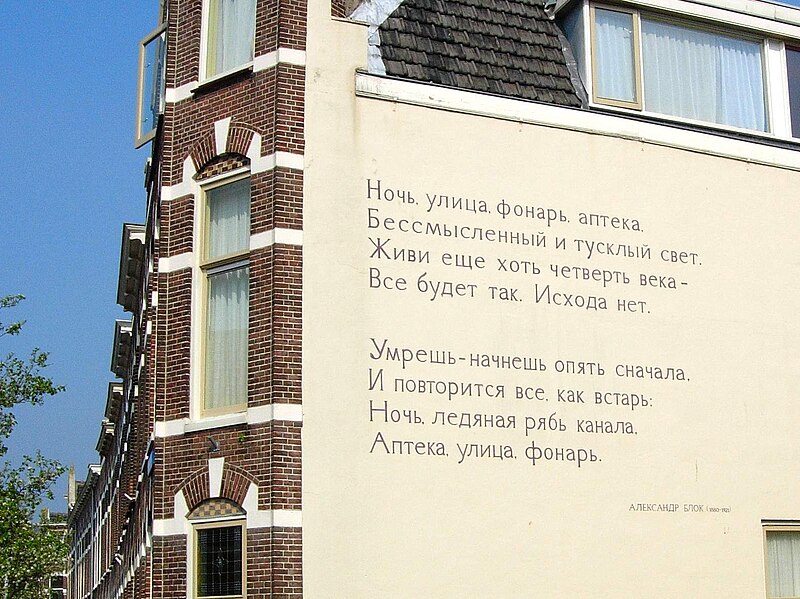I was not previously familiar with Michael Drayton's work. Wikipedia
writes that he was an Elizabethan poet - a contemporary of Shakespeare - and that he enjoyed rather more acclaim at his time than he does now.
But I adore sonnets, and so as I was reading Rivka Yaron's
stylistic guide, I stumbled upon this translation, which I liked, for it came in due time. Therefore, I bring that to you -
Sonnet LXI
Since there’s no help, come let us kiss and part --
Nay, I have done: you get no more of me;
And I am glad, yea, glad with all my heart,
That thus so cleanly I myself can free.
Shake hands for ever, cancel all our vows;
And when we meet at any time again,
Be it not seen in either of our brows
That we one jot of former love retain.
Now, at the last gasp of Love’s latest breath,
When, his pulse failing, Passion speechless lies,
When Faith is kneeling by his bed of death,
And Innocence is closing up his eyes, --
Now, if thou wouldst, when all have given him over,
From death to life thou mightst him yet recover.
סונט 61
הן אין מנוס: נשקיני ושלום
לא, כי נשלם, שוב אין לך חלק בי
וטוב לבי, כן, טוב לבי היום,
שכך אני נחלץ, קב ונקי,
נפרד לעד, מתיר את השבועות
וביום שניפגש שוב אימתי,
אל ייראה על מצחותינו אות
ששמץ אהבה מכבר עוד חי
עתה, לקול רחרוח אהבה גוועת
שבמותה תשוקה מוטלת דום
שמרגלותיה אמונה כורעת,
ותום לבב עיניו יעצום
שכבר אמרו כולם נואש: עתה
עוד יש לאל ידך להחיותה
תרגום: אשר רייך
Translation: Asher Reich
P.S. This Sonnet LXI forms an interesting counterpoint to another author's Sonnet LXI. I hope I may write of that some day.

